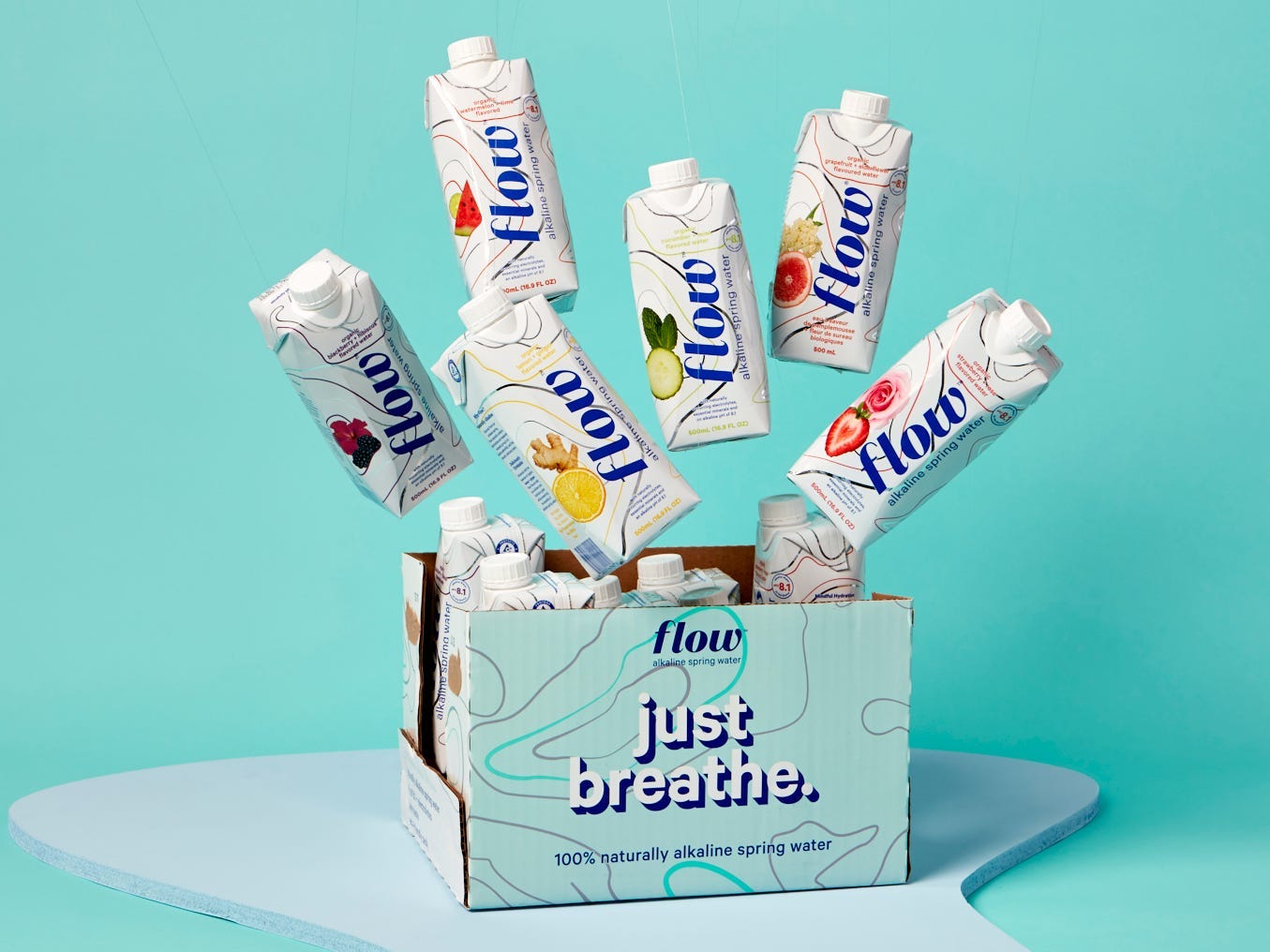- Nestle just finalized its $4.3 billion sale of water brands including Poland Spring and Pure Life.
- It’s part of CPG companies and investors moving toward pricey premium waters and away from mass-market ones.
- Brands like Flow and Essentia are getting attention for the “functional” attributes, like collagen.
The bottled water business is still a wellspring for beverage investors and companies. But increasingly, they’re focusing on options with added nutrients (and higher price points) and shedding cheaper mass-market brands.
On Wednesday, Nestle completed the $4.3 billion sale of many of its bottled water brands in North America to two private equity firms: One Rock Capital Partners and Metropoulos & Co. The sale includes a number of uncarbonated, unenhanced water brands, including Poland Spring, Deer Park, Pure Life, and Arrowhead.
The sale is a big move for Nestle, which ranks among the world’s largest producers of bottled water. But the Swiss consumer goods giant is anything but done with water.
As it finalized the North America brands deal, Nestle acquired high-end water brand Essentia for an undisclosed sum. While nowhere near as large as the business it’s offloading, Essentia raises Nestle’s profile in what industry insiders call “functional waters” – those that offer drinkers some benefit. Essentia makes alkaline water, which it claims is easier for the body to absorb, improving hydration.
Nestle is adding Essentia to what’s increasingly a high-end portfolio. With the North American brands sale complete, its water business now focuses on brands like San Pellegrino and Perrier.
Other brands have also gotten in on the functional wave: Flow, which makes flavored waters with ingredients like collagen, has raised money from celebrities including Shawn Mendes and Post Malone. It's also planning to go public on the Toronto Stock Exchange later this year and has hired a veteran of Nestle's water business as its CEO.
Waters with those kinds of benefits are appealing to companies like Nestle and others looking to invest in bottled (and, increasingly, boxed) water. They offer specific health benefits that command a premium on store shelves.
Contrast that with the kinds of brands Nestle is selling, which have fewer marketable claims, are generally less profitable, and face increasing competition from store brands.
While total bottled water sales grew 5.2% to $34.6 billion in 2019, brands with functional benefits grew faster than that average, according to trade publication Beverage Industry and data provider Spins.
Nestle's water business has suffered from "a few disappointing quarters and years," CEO Mark Schneider told analysts during a presentation in July, the month after Nestle said it would review its water brands. More recently, COVID has weighed on the business as fewer consumers worldwide have traveled, attended in-person events, or eaten out.
But Nestle wants to have a high-growth water portfolio as the world emerges from the pandemic, Schneider said. "I believe that in premium spring waters and in the functional water products, our opportunity for doing that is the best," he said.
